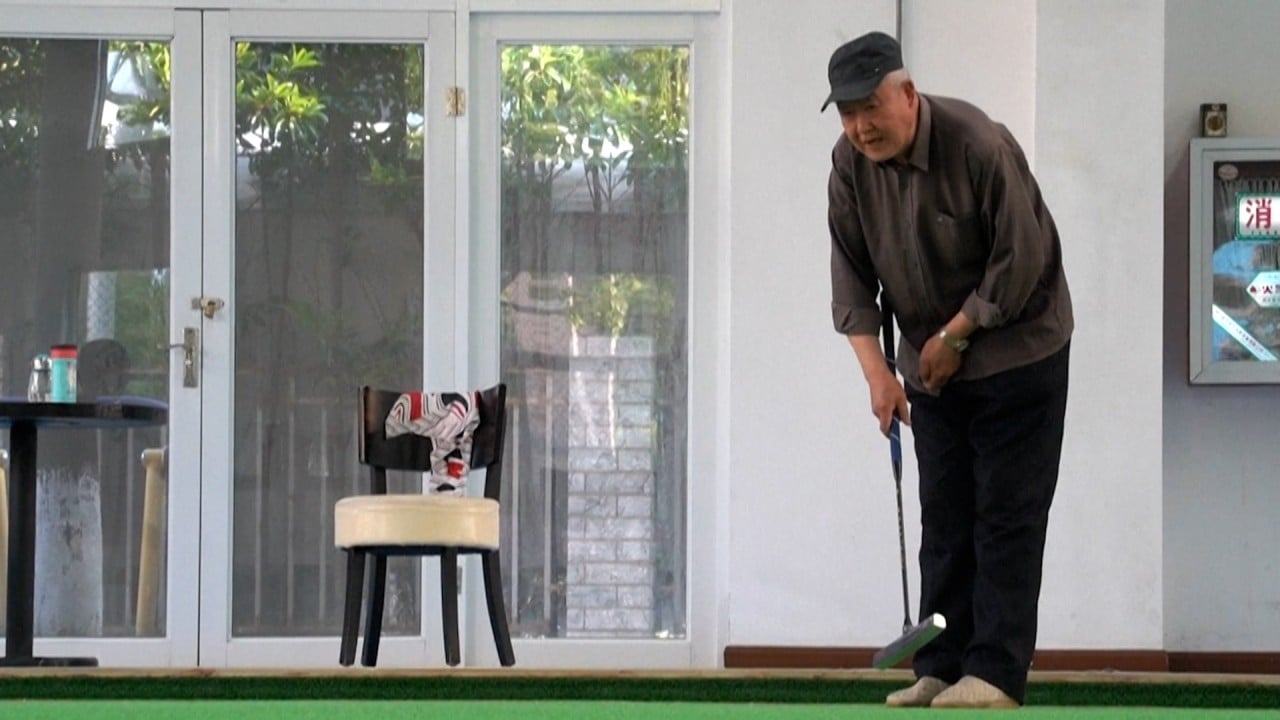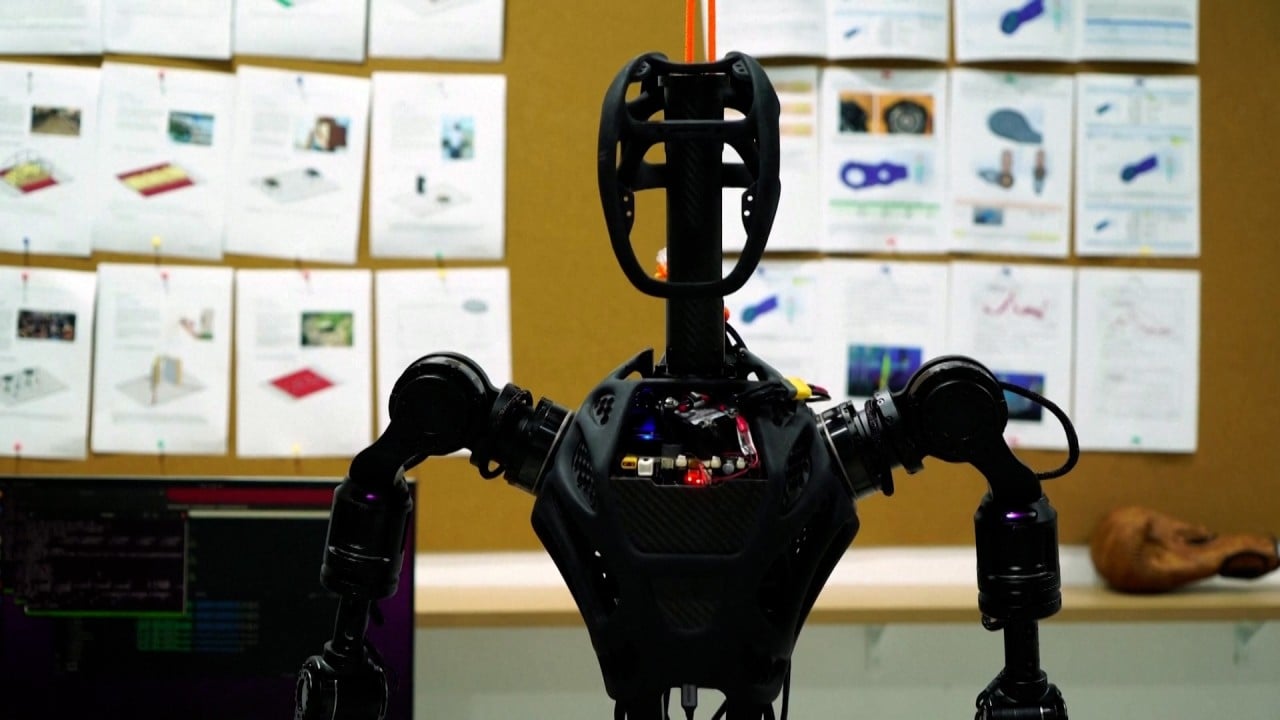The document, published by state news agency Xinhua on Sunday, lists a wide range of reform objectives to be completed by 2029, including more than 300 policy measures.
It said the government would move to raise the retirement age in an “orderly” and “gradual” way and seek to develop the “silver economy” to create diverse jobs for older people.
It also said that companies would be encouraged to help with the policy and that community care for the elderly, especially in rural areas, needed to improve.
According to a 2019 government-supported report by the Chinese Academy of Social Sciences, China’s main urban state pension fund, the backbone of the country’s retirement system, will dry up by 2035.
Currently, the retirement age – first set about 70 years ago – is 60 for men, 55 for female office workers and 50 for female blue-collar workers. However, in 1949, when the People’s Republic was founded, life expectancy was just 35 and it has now risen to 77.
The authorities have repeatedly suggested the retirement age needs to rise. In 2020 the five-year plan said it needs to happen gradually to “encourage a full use of human resources”.
In March, Premier Li Qiang said in his annual work report there should be a “further push” to develop the silver economy, increase basic pensions and provide better support services for senior citizens.
It said there should be a “clear division of responsibilities, coordinated financial resources and regional balance” in the fiscal relationship between central and local governments.
Peng Peng, executive chairman of the Guangdong Society of Reform, a think tank connected to the southern province’s government, said delaying retirement might be a double-edged sword in today’s economy.
“It could reduce the financial burden on local governments, but it might also increase employment pressure, which is a typical example of the complexity of current reforms,” he said.
But Feng Jin, an economics professor at Fudan University specialising in social security, said it was inevitable that the retirement age would rise and a “voluntary flexible” increase might prove easier for people to accept.
“Delaying retirement faces opposition from some, particularly those with lower incomes and uneasy working conditions; after age 50, their wages remain low with limited growth potential, so they prefer to retire early and start receiving pensions sooner,” she said.
“On the other hand, individuals like female PhD graduates might find retiring at 55 premature, as they feel their human capital hasn’t been fully utilised or adequately rewarded. Thus, they prefer to retire later.”
Yuan Xin, vice-president of the China Population Association and a professor of demography at Nankai University said there should be a transition period where employers offered flexible wages, working hours and locations.
“Institutionally, relevant departments should be established to coordinate efforts and create a cross-departmental linkage mechanism. The policy system should be optimised to support health, fertility, employment, retirement, social security, and elderly services,” he said.









